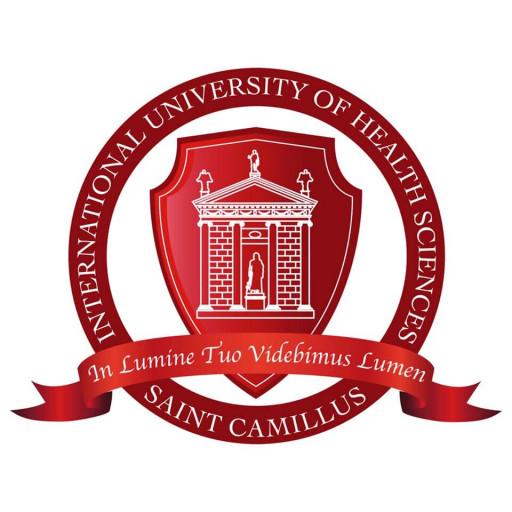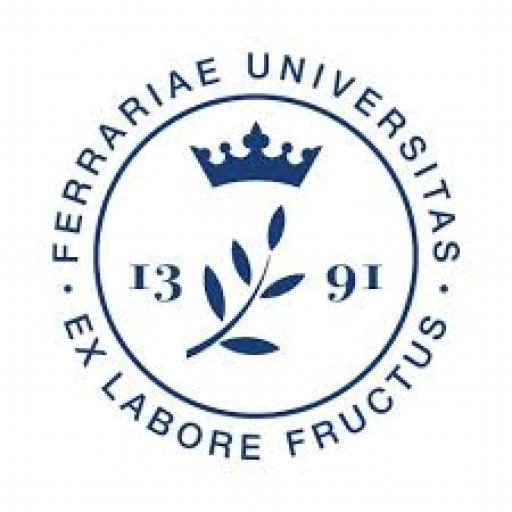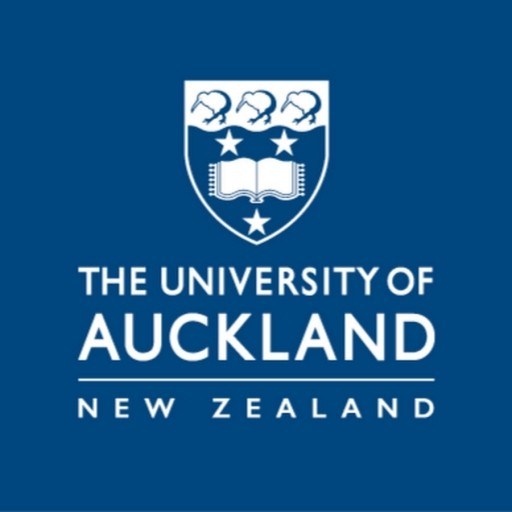Photos of university / #ucl
The MSc in Bioprocessing of New Medicines (Business and Management) at University College London is a comprehensive postgraduate program designed to equip students with the essential knowledge and skills required to excel in the rapidly evolving biopharmaceutical industry. This multidisciplinary course combines the scientific principles of bioprocessing with business strategies and management practices, offering a unique blend of technical expertise and commercial acumen. Students will explore key topics such as bioprocess development, upstream and downstream processing, quality control, regulatory affairs, and supply chain management, ensuring a thorough understanding of the entire lifecycle of biopharmaceutical products. The program emphasizes innovation, entrepreneurship, and strategic decision-making, preparing graduates to lead and manage complex bioprocessing projects in a global context. Through a combination of lectures, practical laboratory work, case studies, and industry placements, students will gain hands-on experience and develop critical problem-solving skills. The curriculum is carefully curated to reflect current industry standards and emerging trends, including personalized medicine, bioprocess automation, and advanced manufacturing technologies. UCL’s strong industry connections and collaborations provide students with valuable networking opportunities, ensuring they are well-positioned for careers in biopharmaceutical companies, biotech startups, regulatory agencies, and research institutions. The program also fosters a professional environment where innovation, ethics, sustainability, and entrepreneurship are integral to learning. Graduates of this MSc will be capable of managing complex projects, optimizing bioprocesses, and contributing to the development of new medicines that address unmet medical needs worldwide. Whether you aspire to work in research, process development, or commercial management within the biopharmaceutical sector, this program offers a rigorous academic foundation and practical experience to help you succeed in this dynamic and impactful industry.
The MSc in Bioprocessing of New Medicines (Business and Management) at University College London offers a comprehensive curriculum designed to equip students with the knowledge and skills necessary to excel in the rapidly evolving biopharmaceutical industry. This interdisciplinary program combines advanced scientific principles with core business and management strategies, ensuring graduates are well-prepared to lead innovative projects in bioprocess development, manufacturing, and commercialization. Students will explore the fundamentals of bioprocess engineering, including cell culture techniques, bioreactor design, and downstream processing, gaining practical skills through laboratory sessions and industry-focused projects. Additionally, the program emphasizes the regulatory, quality assurance, and compliance aspects crucial to bringing new medicines from concept to market. The business and management component covers topics such as project management, marketing, intellectual property, and strategic decision-making within the biopharmaceutical sector. Through lectures, seminars, case studies, and guest lectures from industry experts, students will develop a deep understanding of the commercial landscape and the challenges of developing sustainable bioprocesses for biologics, gene therapies, and personalized medicines. The program also encourages collaborative working, innovation, and leadership, preparing graduates for roles in research and development, process optimization, regulatory affairs, and business development. With a strong emphasis on practical skills and industry engagement, students will participate in internships and network with leading biotech companies, government agencies, and research institutions. Upon completing this MSc, graduates will be equipped to contribute effectively to the biopharmaceutical industry, driving innovation and ensuring the delivery of high-quality, life-saving medicines.
The Bioprocessing of New Medicines (Business and Management) program at University College London requires applicants to possess a relevant undergraduate degree, typically in life sciences, engineering, or related disciplines. Relevant work experience in bioprocessing, pharmaceutical industries, or management roles may be considered an asset but is not mandatory. Applicants must demonstrate academic excellence with a strong academic record, usually a first-class or high upper second-class degree (2:1) or equivalent qualification from an accredited institution. For international students, proof of English language proficiency through standardized tests such as IELTS or TOEFL is required, with minimum scores established by the university (e.g., IELTS 6.5 overall with no less than 6.0 in any component).
The application process involves submitting a completed online application form, curriculum vitae (CV), personal statement, academic transcripts, and references. The personal statement should outline the applicant's motivation, relevant experience, and career aspirations related to bioprocessing and management of new medicines. Recommendations from academic or professional referees are also essential and should speak to the applicant’s capabilities and suitability for the program.
International students must also satisfy visa requirements, including financial proof of funding for tuition fees and living expenses. The program favors applicants with a strong interest in the medicinal bioprocessing industry, entrepreneurship, and healthcare management. Candidates should demonstrate analytical thinking, problem-solving skills, and an understanding of the biopharmaceutical landscape. The admission committee reviews applications on a rolling basis, so early submission is advantageous. Successful students are expected to participate actively in coursework, group projects, and practical sessions, and to adhere to the university’s academic integrity and participation standards. No specific health or vaccination requirements are publicly specified for admission but may be mandated for campus access.
The Bioprocessing of New Medicines (Business and Management) program at University College London offers a comprehensive overview of the financial aspects related to the development, manufacturing, and commercialization of innovative biopharmaceuticals. The program provides students with insights into various funding mechanisms, investment strategies, and financial management tailored to the bioprocessing industry. Students learn about sources of research and development funding, including government grants, venture capital, and private investments, which are crucial for advancing new medicines from concept to market. The curriculum emphasizes the importance of cost analysis, budgeting, and financial planning in bioprocess development, ensuring graduates are equipped to manage large-scale manufacturing projects efficiently.
Additionally, the program covers the economic considerations of drug pricing, market analysis, and reimbursement strategies, enabling students to understand the financial sustainability of biopharmaceutical enterprises. Students also explore the regulatory and patenting processes that influence the financial landscape of new medicines, including intellectual property rights and licensing agreements. Case studies and industry collaborations allow students to analyze real-world financial scenarios faced by biotech companies and pharmaceutical firms.
The program introduces key financial tools and software used in the biotechnology sector, ensuring students develop practical skills for financial modeling and investment appraisal. As part of their training, students may participate in simulated investor pitch sessions or work on projects that require detailed financial analysis and business planning. The master's program aims to prepare graduates to assume strategic roles in biopharmaceutical companies, venture capital firms, or consultancy agencies, where financial expertise is essential to guide decision-making and drive innovation. Overall, the program's emphasis on financial literacy, coupled with industry-relevant training, makes it a vital pathway for those aspiring to contribute to the business success of new medicines within the bioprocessing sector.
The MSc Bioprocessing of New Medicines (Business and Management) at University College London offers students a comprehensive understanding of the bioprocessing industry, focusing on the development, manufacture, and management of advanced biopharmaceutical products. Designed for those interested in combining scientific knowledge with business acumen, the program prepares graduates for careers in the rapidly evolving biotechnology and pharmaceutical sectors. The curriculum covers key areas such as bioprocess engineering, pharmaceutical development, regulatory affairs, quality assurance, and project management. Students will engage with cutting-edge topics including cell culture techniques, bioreactor design, downstream processing, and novel biotherapeutics, equipping them with the technical skills necessary for industry challenges.
Moreover, the program emphasizes management skills essential for overseeing bioprocessing operations, such as strategic planning, financial management, and leadership within biotech companies. Through a blend of lectures, case studies, industry projects, and guest lectures from industry professionals, students gain practical insights into real-world applications. The program also offers networking opportunities and collaborations with industry partners, facilitating internships and project placements that provide valuable hands-on experience.
Students will develop not only scientific expertise but also a deep understanding of the commercial landscape of new medicines, including market dynamics, intellectual property issues, and ethical considerations in biopharmaceutical development. The course aims to cultivate innovative thinking and problem-solving skills, enabling graduates to contribute effectively to the design and management of bioprocesses for new medicines. Upon completion, graduates are prepared for roles such as process development scientist, bioprocess engineer, project manager in biotech firms, regulatory affairs specialist, or management consultant in the pharmaceutical industry. The program supports career progression in both scientific and managerial pathways within the pharmaceutical and biotech sectors, promoting leadership and innovative solutions in the development of new medicines.










